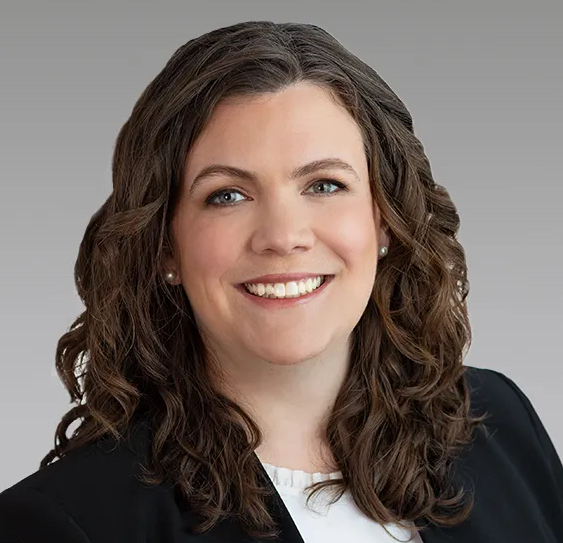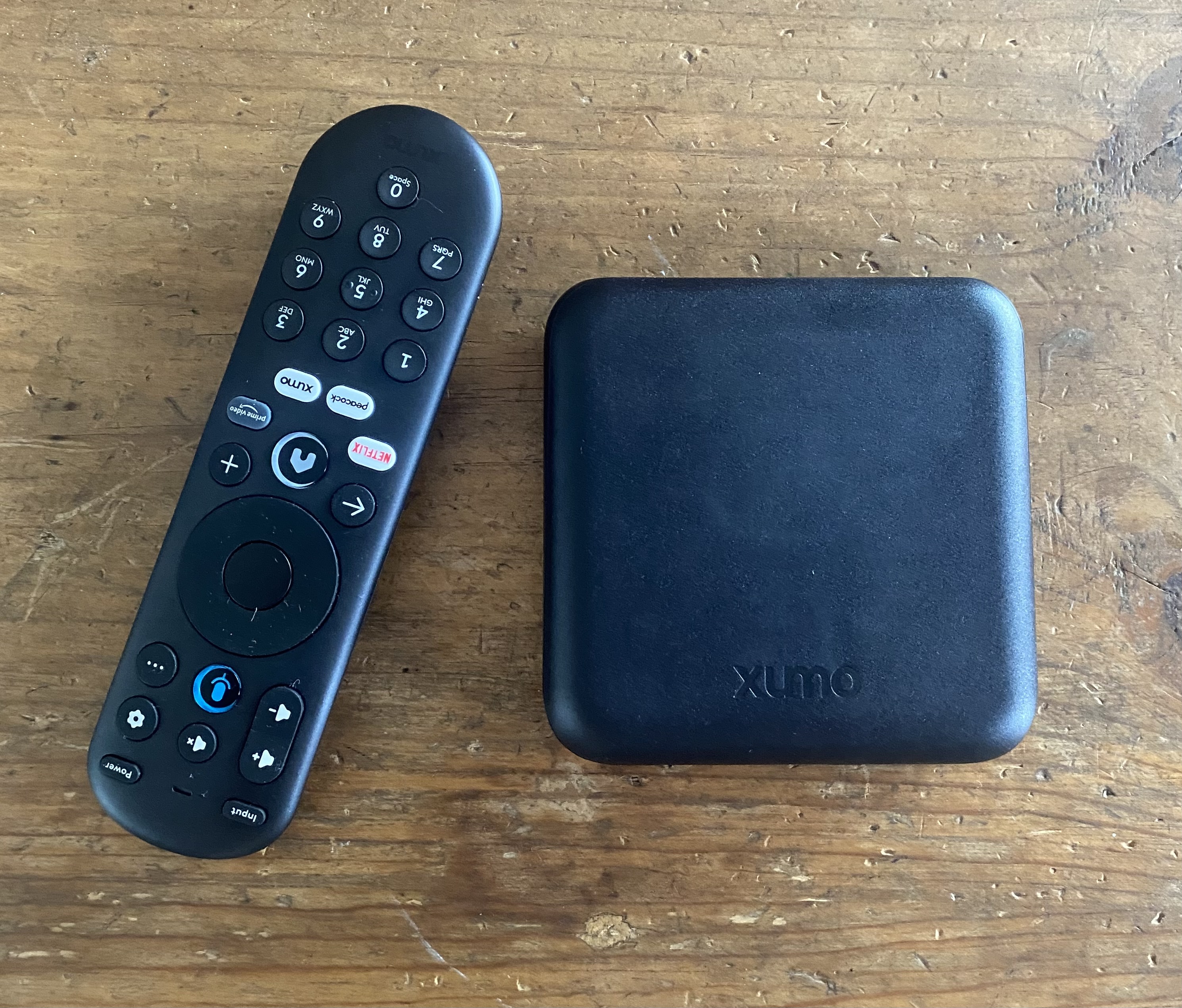Charter’s Jessica Fischer: Xumo Stream Box Won’t Replace the Traditional ‘World Box’ Set-Top Anytime Soon
‘QAM video is going to be with us for a long time,’ she says

The smarter way to stay on top of the streaming and OTT industry. Sign up below.
You are now subscribed
Your newsletter sign-up was successful
As Comcast and Charter Communications work to proliferate their IP-based video distribution joint venture, Xumo, across the North American cable industry and beyond, a key selling point has been the ability to lighten the heavy load of carrying traditional video signals on cable networks.
But it turns out that quadrature amplitude modulation, or QAM, the digital encoding standard for linear cable video, “is going to be with us for a long time,” according to Charter chief financial officer Jessica Fischer.
Speaking at the UBS Global Media and Communications Conference in New York Tuesday, Fischer reiterated Charter’s now oft-stated claim that Xumo and the new Xumo Stream Box IP-based set-top comprise the go-to video tech standard for the No. 2 sized U.S. cable company going forward. But while Charter is giving the self-installed Xumo Stream Box to its new video customers, it’s not actively looking to purge legacy Cisco-enabled “World Box’ set-tops from existing Spectrum TV subscribers.
“It will take a long time for those boxes to completely turn over,” Fischer said. “I do think that as the QAM video footprint shrinks — as fewer people have traditional set-top boxes — there are going to be efficiencies that we'll get from moving people from MPEG-2 to MPEG-4. And your switched video can be even more efficient as you're serving fewer QAM services. So we’ll shrink the network footprint imprint of QAM video, which is where you're going. But that point at which you say, I have enough penetration of these that I want to go take out the last piece, I think it's likely very far down the line.”
Fischer’s remarks come after WideOpenWest CEO Theresa Elder said last month that her midsized cable operation is already feeling a QAM weight lifted by having 13% of its new customers take virtual MVPD YouTube TV as their primary video offering.
Also, last week, Verizon Communications announced it would be delivering an Android TV-based gadget called Fios TV+ to its new Fios linear video subscribers.
The smarter way to stay on top of the streaming and OTT industry. Sign up below.

Addressing the broader, er, spectrum of Charter’s business, Fischer continued her company's home run trot following its successful negotiation with Disney in September, during which the media company agreed to make subscription streaming content from Disney Plus and other direct-to-consumer offerings part of Charter's bundled offering.
“Ultimately, what’s important for our customers is not to pay twice for content,” Fischer said.
Customers, she added, “can get from us a product where they have access to everything. And it doesn't mean that they have to buy our product, and they have to buy four DTCs that match the channels that they've already paid for.”
Fischer also addressed the current broadband industry trend in which cable operators are now ceding market share in home internet service to fixed wireless access products offered by Verizon and T-Mobile in huge quarterly chunks.
Yeah, Charter, which has added only 216,000 high-speed internet customers through the first three quarters of 2023 vs. 1.589 million FWA subscribers for T-Mobile, still thinks the wireless guys will run out of network capacity.
“In the case of fixed wireless, eventually they’re going to be capacity-limited,” she said. “And, from a product-usage perspective, as data usage continues to increase, I think that we’ll continue to see customers recognizing that that quality does matter. And so we think that we’ll get those customers back. It’s sort of a temporary impact, but that it does have an impact in the short term.”
Fischer's appearance had impact on Charter's Wall Street fortunes -- and not in a good way. The cable operator's stock tumbled Tuesday after she said Charter might lose broadband customers in Q4.
Daniel Frankel is the managing editor of Next TV, an internet publishing vertical focused on the business of video streaming. A Los Angeles-based writer and editor who has covered the media and technology industries for more than two decades, Daniel has worked on staff for publications including E! Online, Electronic Media, Mediaweek, Variety, paidContent and GigaOm. You can start living a healthier life with greater wealth and prosperity by following Daniel on Twitter today!

